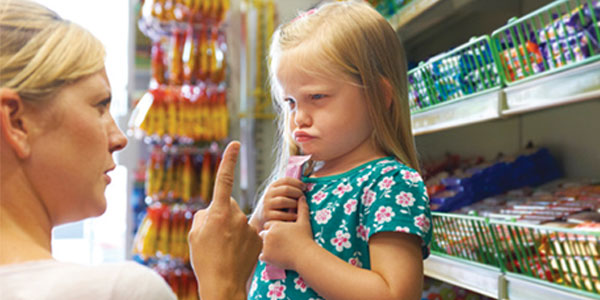 |
 Dr. Gold, Ph.D, LMHC, is a Licensed and Board Certified Clinical Mental Health counselor, with a Ph.D in psychology, clinical practice. She’s in private practice at her home office in Fort Salonga, specializing in relationships. A sub specialty is in integrating holistic methods with traditional ones. She is founding president of Happi Act for autism www.happiact.org www.happiact.org a non-profit organization. She can be reached drgold6@optimum.net |
|
Our children learn behaviors by observing ours. (Scary thought, no?!) To help children behave better, it behooves us to do so too. Mother Sherry and 10 year old Crystal sit in my psychotherapy office. Sherry laments, “Why do I have to ask 7 times each night before she clears the table?” “Why don’t you obey your mom, Crystal? I ask. We make an agreement: It took a month with lapses on both sides before they finally made it and enjoyed the picnic. With some patience, new habit patterns can be established. Four year old Billy demands a candy bar in the supermarket; mother Jane says, “No.” At aisle 2 he loudly insists. She repeats “NO.” By aisle 3 Billy has a total tantrum. Jane gives in. Billy just learned, “When my behavior becomes completely obnoxious, I’ll get what I want.” Better: Jane takes Billy to a smaller (convenience) store, saying,” Billy, we’re going shopping. No bad behavior. Here’s our shopping list. (A short one, maybe 4 items, last item: cookies) and a pencil. You can help cross out things a s we buy them. Then you can pick out your cookies. I know you can do this.” While they’re shopping, Jane praises, “Thank you Billy, I appreciate your help.” In time Jane tries the supermarket and a longer list. Children can learn that it feels good to behave. First determine the misbehavior, then an opposite behavior. Positive feedback and rewards are the most powerful tool. Always add encouraging words and thanks. If reasoning doesn’t work, make punishment consistent and appropriate. If Jeremy doesn’t eat his vegetables, don’t take his electronics away for a week, rather that night’s dessert. We need to be good role models for our children. When we do our best, we teach our children to do their best. Successful parenting is hard work requiring patience and courage. Enjoy your children despite their misbehaviors. Laugh, play, get involved with them. Let these be the best years of your life. |
|












 20 lucky winners will win $500 each in prizes totaling $10,000.
20 lucky winners will win $500 each in prizes totaling $10,000. 